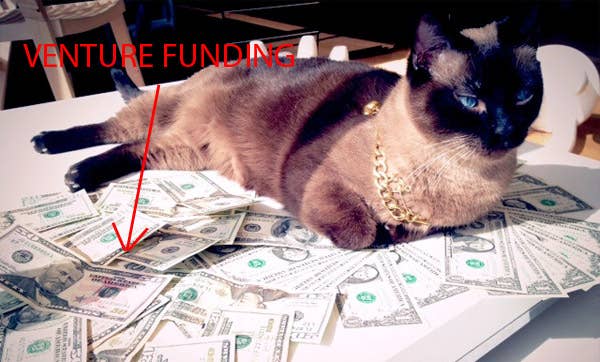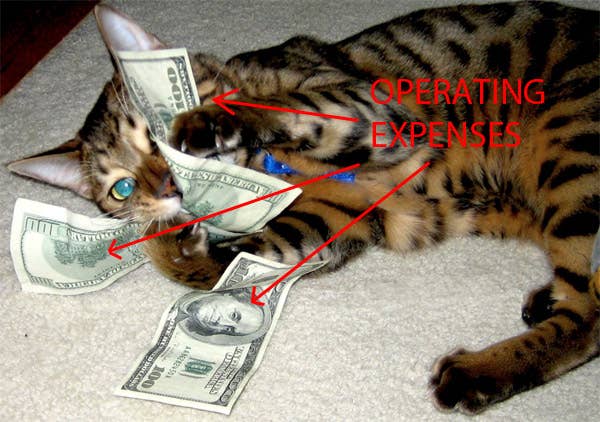
It never fails. Every time there's a high-profile acquisition, there's the same creeping sense of envy. With all that Instagram money floating around, surely a super savvy nerd like me could have gotten his hands on some of it. Right? That super-yacht isn't going to build itself.
The promise of crowd-funding is just that: With a few thousand dollars, you could buy 0.2 percent of a company that could be worth a billion dollars in a few years time (or less). For years, sites like Second Market have been trading pre-IPO shares behind the scenes, but as long as private companies are legally prohibited from soliciting funding, there's no way to know about a chance to buy unless you're plugged into the VC gossip circuit. There's also a hard limit of 35 unaccredited investors for each firm, so unless you've been through the paperwork (and dropped a million dollars in an escrow account), there's a good chance you'll be boxed out completely.
Once it gets through the SEC (slated for January), the JOBS act will raise that number to 500, and let firms actively seek pre-IPO funding. In theory, there'll be nothing stopping you from finding an early-stage firm online and sending a Paypal check within the hour. Already, sites like Hedgeable and CircleUp have popped up promising Kickstarter-style investing: small companies, small investments, and a noticeable absence of drama.
But if you're planning on using one of those sites to staunch your FOMO, we've got bad news: there's also just about zero chance of a payoff.

And it's not a secret. The CEO of Hedgeable, Mike Kane, told us almost exactly that on a call this week: "If you want to build a billion dollar company, you'd better have Ron Conway and Andreessen Horowitz and guys like that investing, just because of the clout that they have behind them." In other words, it takes more than just a well-timed investment. You need reputation and connections (ahem) to set up an acquisition deal or IPO, and those don't come on Kickstarter. Everyone else is just raising money.
That's why these sites tend to focus on the warm feeling of helping someone out — more charity than investment. As Kane puts it, "It's more of a Kickstarter approach. People are going to be doing it because they want to invest in the future of America. They want to encourage job growth." That is, not because they want to own a Greek island. It's not all that different from buying shares in the Green Bay Packers. Without the connections for an IPO or an acquisition deal, the only way to recoup your money is to reach out to other individual person and ask them politely to buy your shares. (This is what financial experts refer to as a "weak bargaining stance.")
The cliquishness of the VC system is exactly what makes it work. If you take that away, you're just left with a bunch of people throwing stock at each other.
